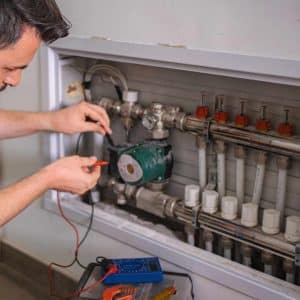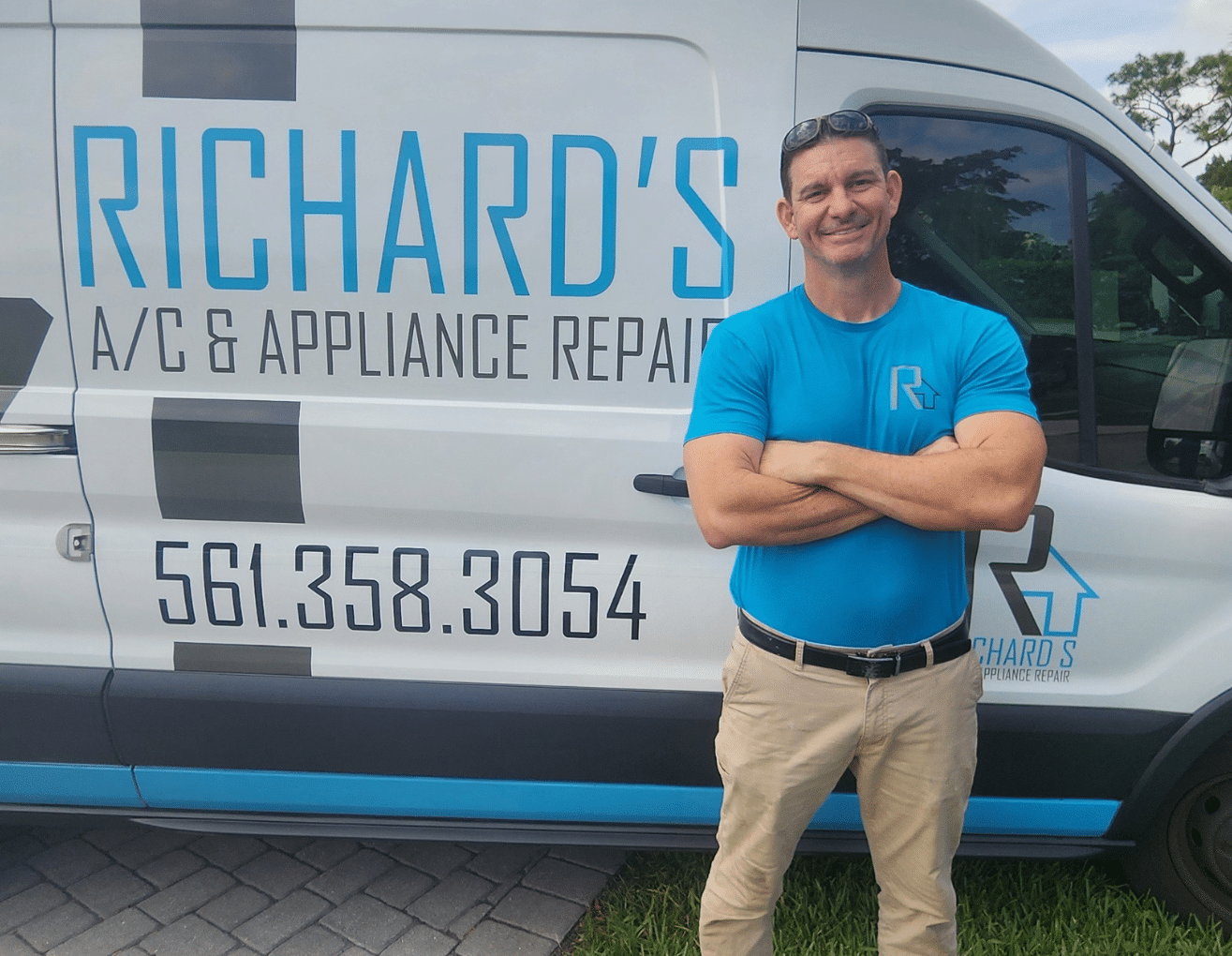The Heart of Your AC: Your Compressor
We often refer to an engine as the heart of a car. In the world of air conditioning, that same vital role is played by the compressor. Located within your outdoor AC unit, the compressor is the powerful engine that drives the entire cooling process. It’s the single most important, and often most expensive, component in the system. When the compressor is healthy, your home stays cool and comfortable. But when it’s in trouble, the entire system is at risk.
Compressor failure is one of the most serious issues a homeowner can face with their AC. Recognizing the early warning signs that your compressor is struggling can sometimes help you catch a problem before it leads to a complete, catastrophic failure. Understanding these signs will empower you to make timely decisions and avoid being caught off guard by a major repair bill. This guide will walk you through what your AC’s heart does, the signs it’s in trouble, and what your options are when you call the experts at Richard’s AC.
What Does the AC Compressor Actually Do?
In simple terms, the compressor is a powerful pump designed specifically for refrigerant. Its job is to take low-pressure, cool refrigerant gas from the indoor evaporator coil and compress it into a high-pressure, hot gas. This process is crucial because by pressurizing the gas, it prepares it to release its absorbed heat when it travels through the outdoor condenser coils. Think of it like squeezing a sponge full of water – the compression forces the contents (in this case, heat) out. After releasing its heat outside, the refrigerant cools down, depressurizes, and travels back inside to absorb more heat, starting the cycle all over again.
Without a working compressor, this entire heat exchange cycle grinds to a halt. The refrigerant won’t circulate, and no cooling can occur. That’s why its health is so critical to the entire system.
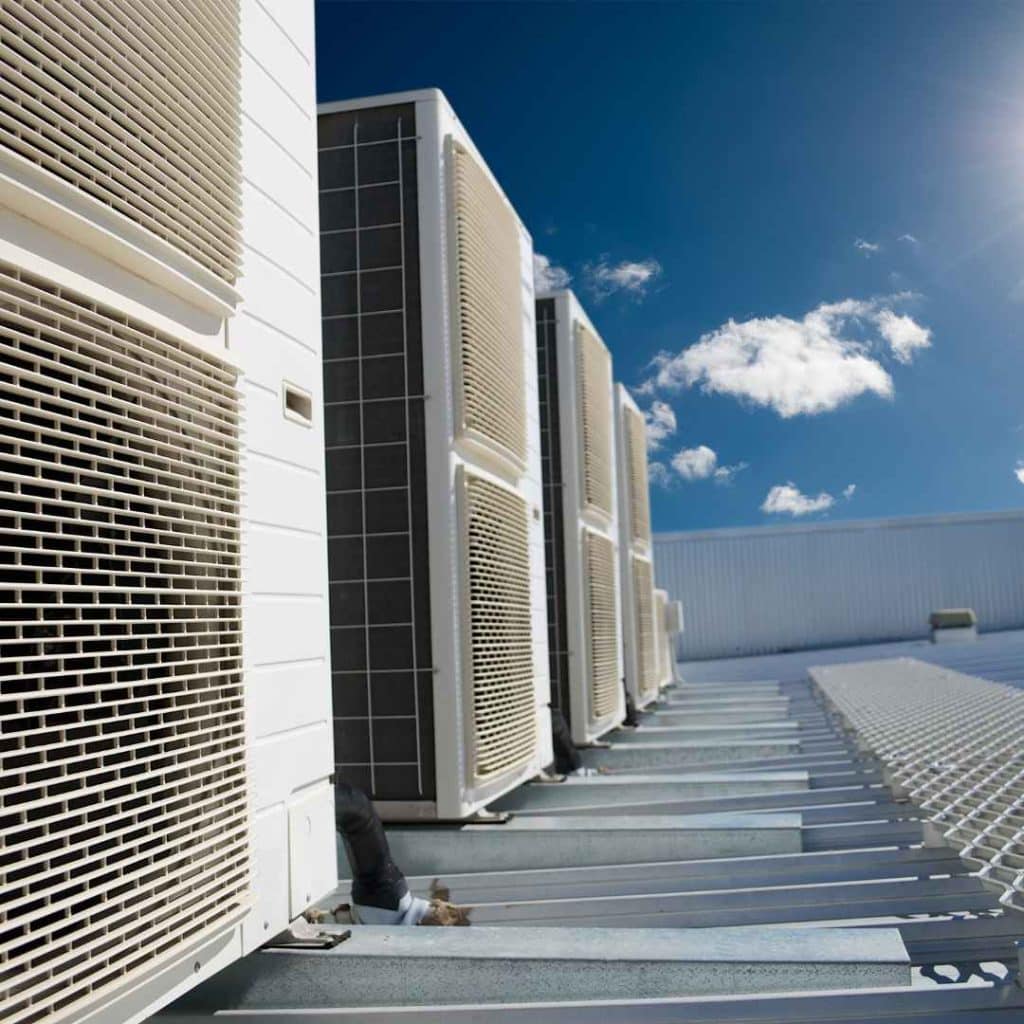
Early Warning Signs of a Failing Compressor
A failing compressor rarely dies in silence. It usually gives off several warning signs. If you notice any of the following symptoms, it’s crucial to turn off your AC system and call for a professional diagnosis immediately.
1. Strange and Loud Noises from the Outdoor Unit
Your outdoor unit should produce a consistent hum when running. Loud or unusual noises are a major red flag.
- Loud Rattling or Banging: This can indicate that internal parts of the compressor, like pistons or connecting rods, have come loose or broken.
- High-Pitched Squealing: A sharp squeal can signify dangerously high internal pressure within the compressor.
- Buzzing or Chattering: Can indicate an electrical issue with the compressor, its starter relay, or its capacitor.
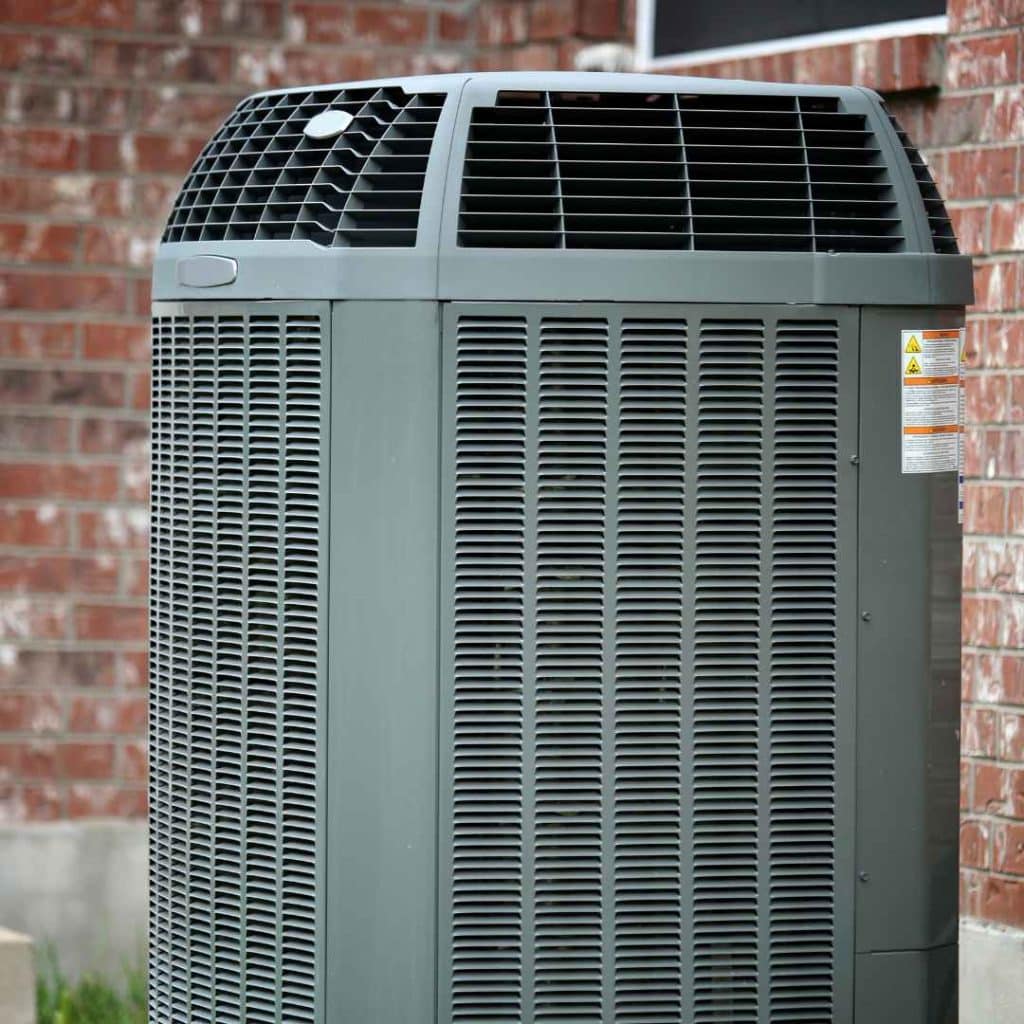
2. Reduced Cooling Performance or Warm Air
If your AC is running but the air coming out of the vents is only lukewarm or not as cold as it used to be, the compressor may be the culprit. If it’s failing, it loses its ability to effectively pressurize the refrigerant.
A poorly compressed refrigerant cannot absorb and release heat efficiently, leading to a noticeable decline in cooling performance.
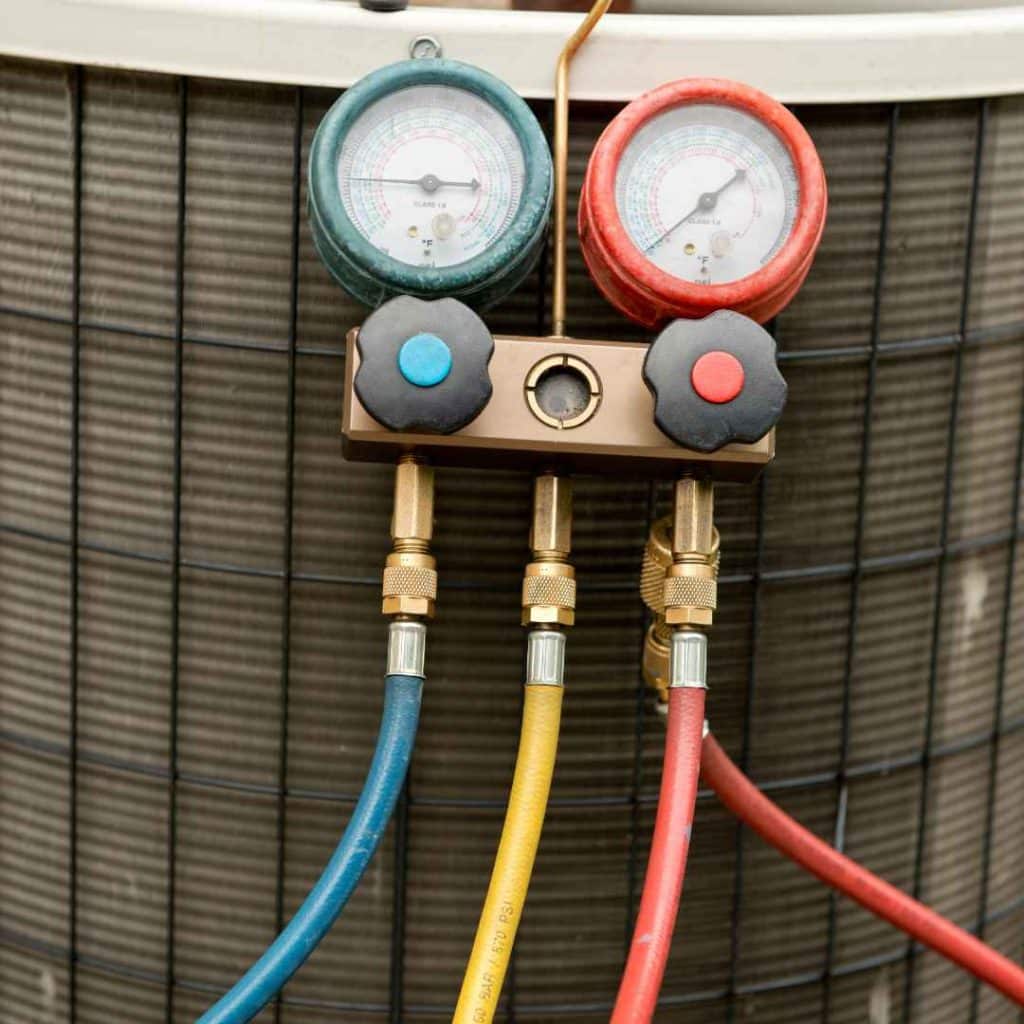
3. The Outdoor Unit Shakes Violently on Startup or Shutdown
A slight shudder when the powerful compressor motor kicks on or off can be normal. However, if the entire outdoor unit shakes or vibrates violently during these cycles, it’s a sign of a serious mechanical problem.
This could be what’s known as a “hard start,” where the motor is struggling to get going, or it could mean internal components are damaged and out of balance.
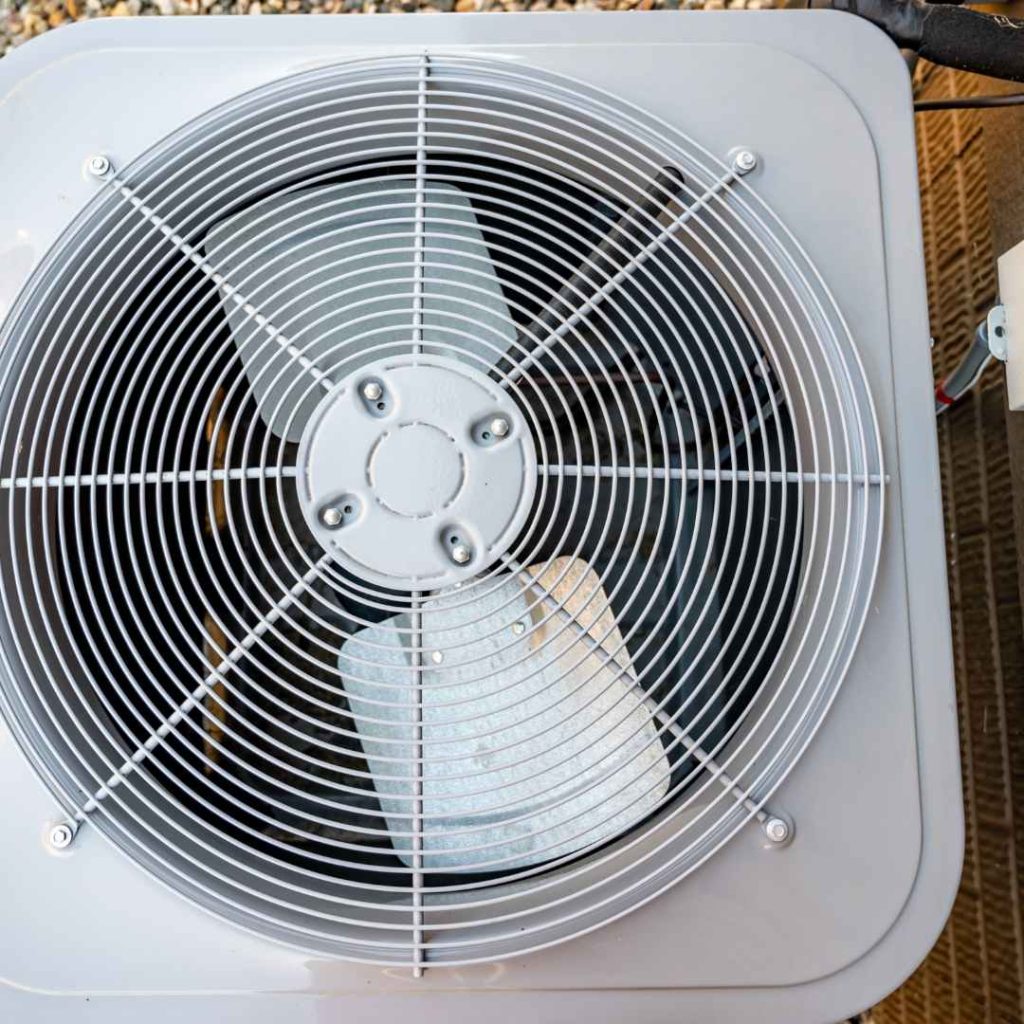
4. The Circuit Breaker Trips Frequently
The AC compressor is on a dedicated, high-amperage circuit. If the compressor motor is beginning to fail, it will often draw more electricity than the circuit is designed to handle, causing the breaker to trip as a safety measure.
If you find yourself frequently needing to go to your electrical panel to reset the AC’s breaker, it’s a strong sign the compressor (or another major electrical component) is overheating or has an electrical short.
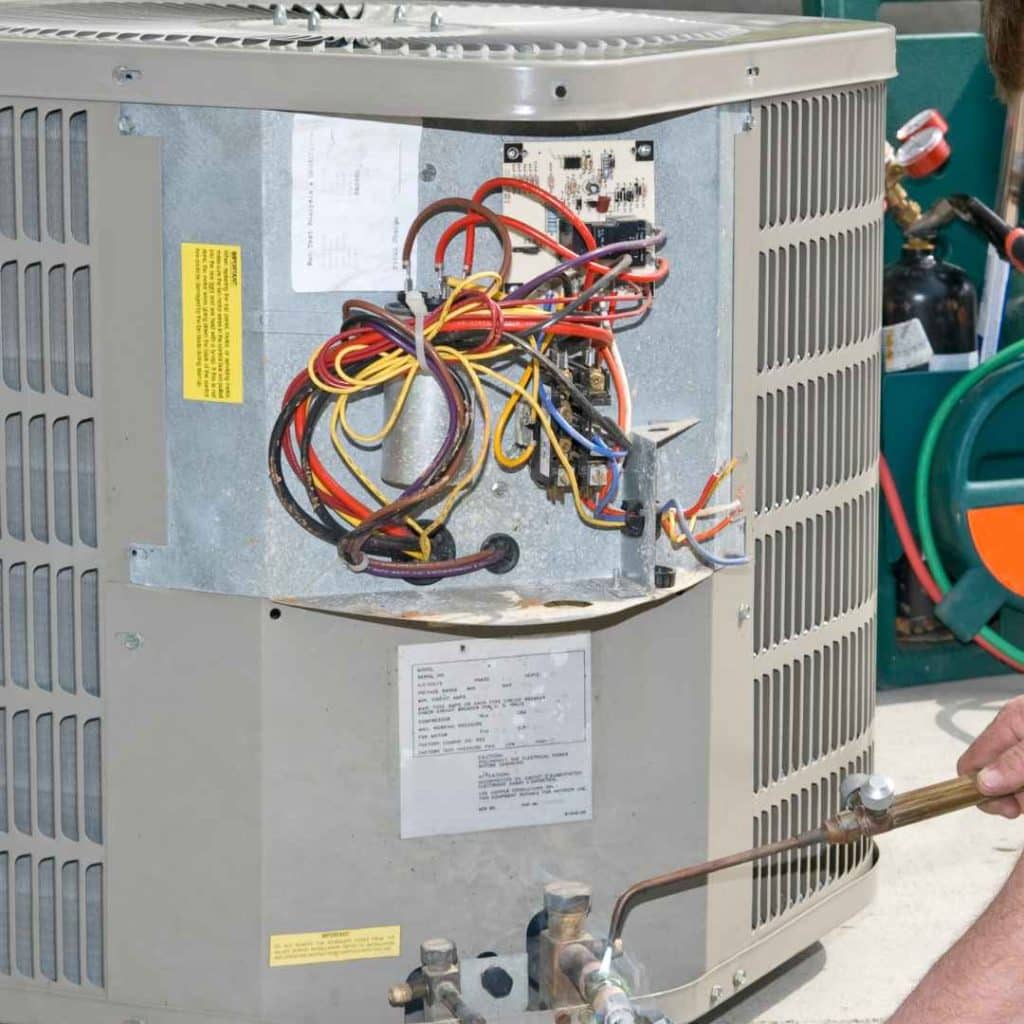
5. Fluid Leaks Around the Outdoor Unit
While water leaks are typically associated with the indoor unit’s drain line, any fluid leak around the sealed outdoor condenser unit is a serious problem. This is almost always a refrigerant leak.
A refrigerant leak from the compressor housing or its connected lines is a critical issue that not only stops your AC from cooling but can also cause the compressor to overheat and seize due to lack of proper lubrication mixed with the refrigerant.
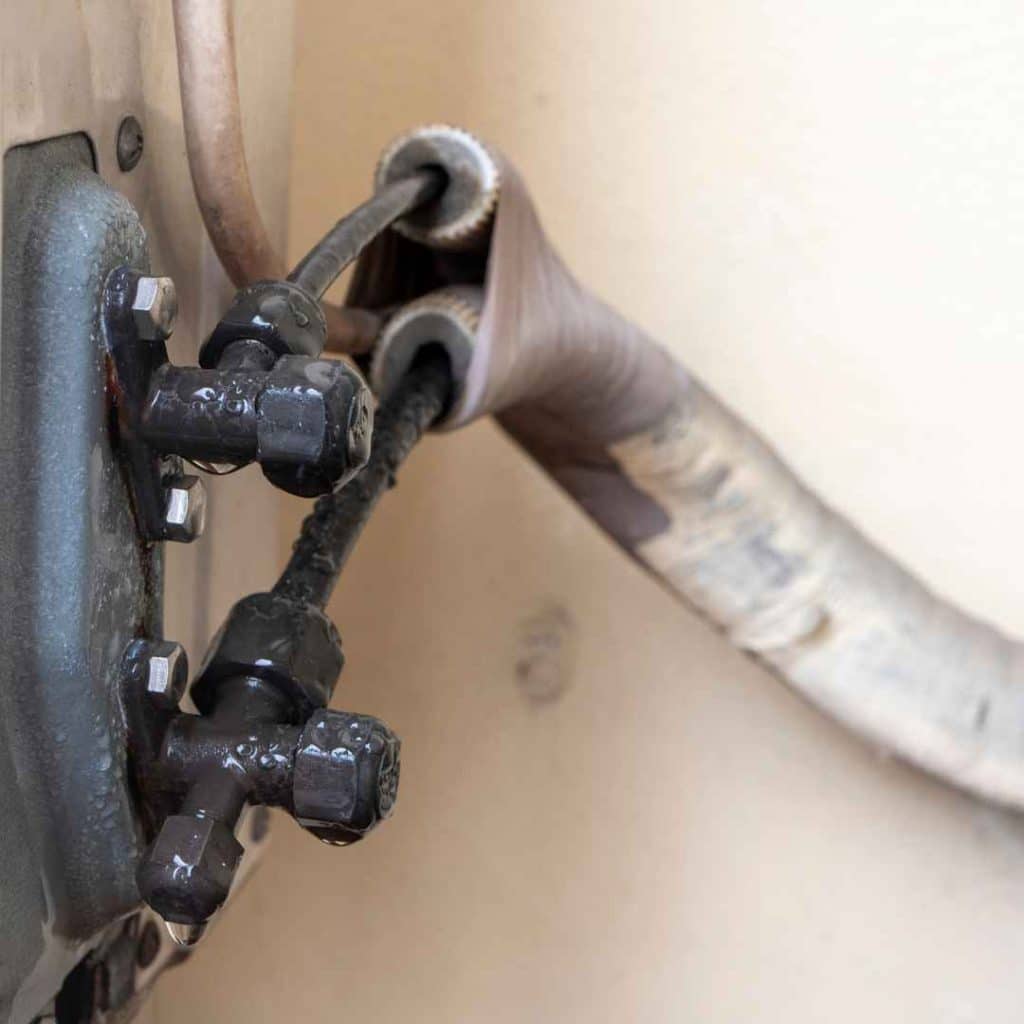
Common Causes of Compressor Failure in Florida
Several factors, many of them exacerbated by our demanding Florida climate, can lead to compressor failure:
- Power Surges: As we’ve discussed, surges from thunderstorms can damage the compressor’s electrical windings.
- Dirty Coils: Grime on the outdoor condenser coils forces the compressor to work much harder and under higher pressure to release heat, leading to overheating and premature failure.
- Low Refrigerant Levels: A leak in the system causes the compressor to run longer and hotter to compensate for the reduced cooling capacity, eventually leading to burnout.
- Lack of Maintenance: This is a major contributor. Dirt, unchecked electrical issues, and improper refrigerant levels all put immense strain on the compressor over time. Regular professional maintenance is the best defense against compressor failure.
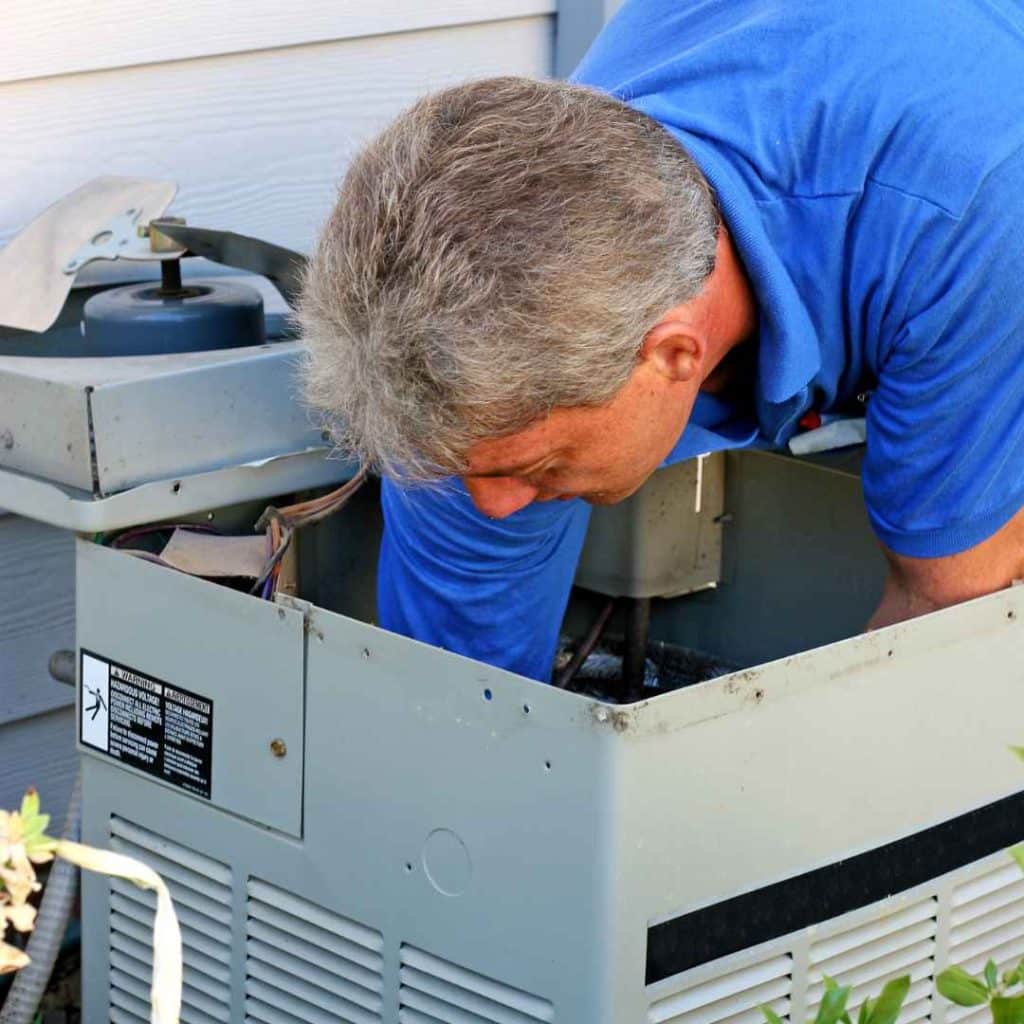
Your Options When the Compressor Fails: Repair or Replace?
A confirmed compressor failure is a major crossroads for any homeowner. Because it is a sealed unit, its internal mechanical parts cannot be easily “repaired.” Your options typically are:
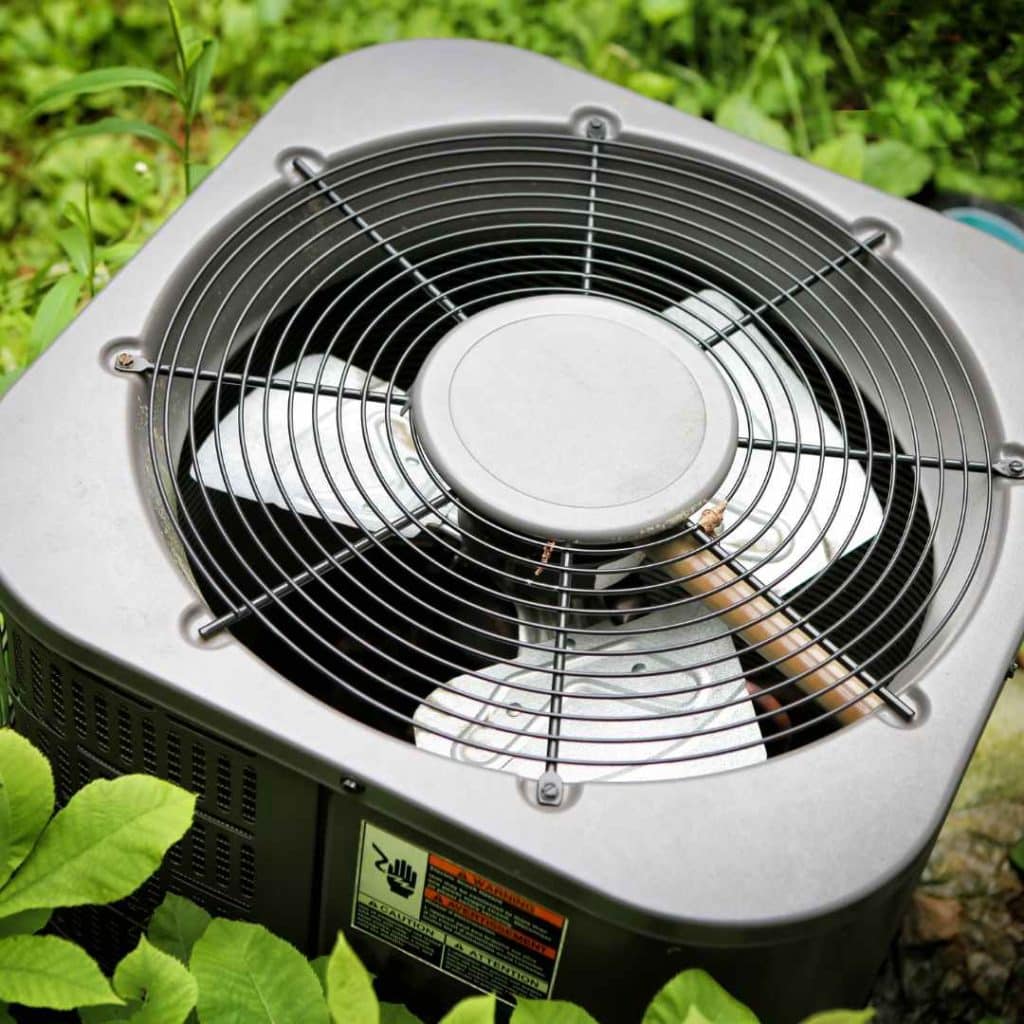
- Replace Just the Compressor: This is a very labor-intensive and expensive job that involves recovering refrigerant, removing the old compressor, welding in the new one, and recharging the system. The cost can often be a significant fraction of the price of a whole new unit.
- Replace the Entire AC System: In many cases, especially if your system is over 10 years old, uses the outdated R-22 refrigerant, or has had other issues, replacing the entire system is the more sensible long-term investment. This gives you a new, highly efficient system with a full warranty. A major compressor failure is often the final sign that an old system is ready for retirement.
How Richard's AC Can Help You Navigate Compressor Issues
Facing a potential compressor failure can be stressful. At Richard’s AC, we are committed to providing an honest and clear diagnosis. Our first step is to confirm that the compressor is indeed the problem and not a less expensive related component like a capacitor or starter relay.
If the compressor has failed, we will provide you with clear, no-pressure options. We’ll lay out the cost and warranty details for a compressor-only replacement versus the cost and long-term benefits (energy savings, new warranty, reliability) of a full system replacement. Our goal is to give you the information you need to make the best decision for your home and your budget, true to our “old-school service” values.
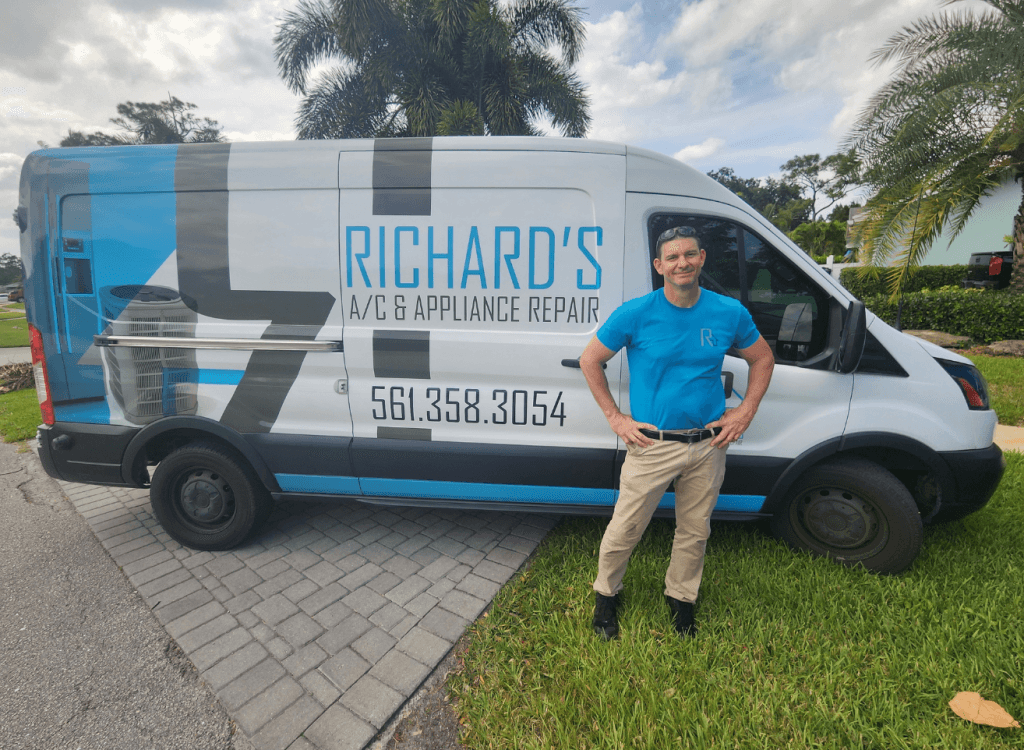
Your AC compressor is a vital and expensive component. Recognizing the early signs of trouble and, most importantly, investing in regular professional maintenance to prevent the issues that cause failure are the best ways to protect it. A clean, well-maintained system puts less strain on its heart, ensuring it runs reliably for years to come.
If you’re hearing loud noises or experiencing cooling problems, don’t wait. Call Richard’s AC for an expert diagnosis.

